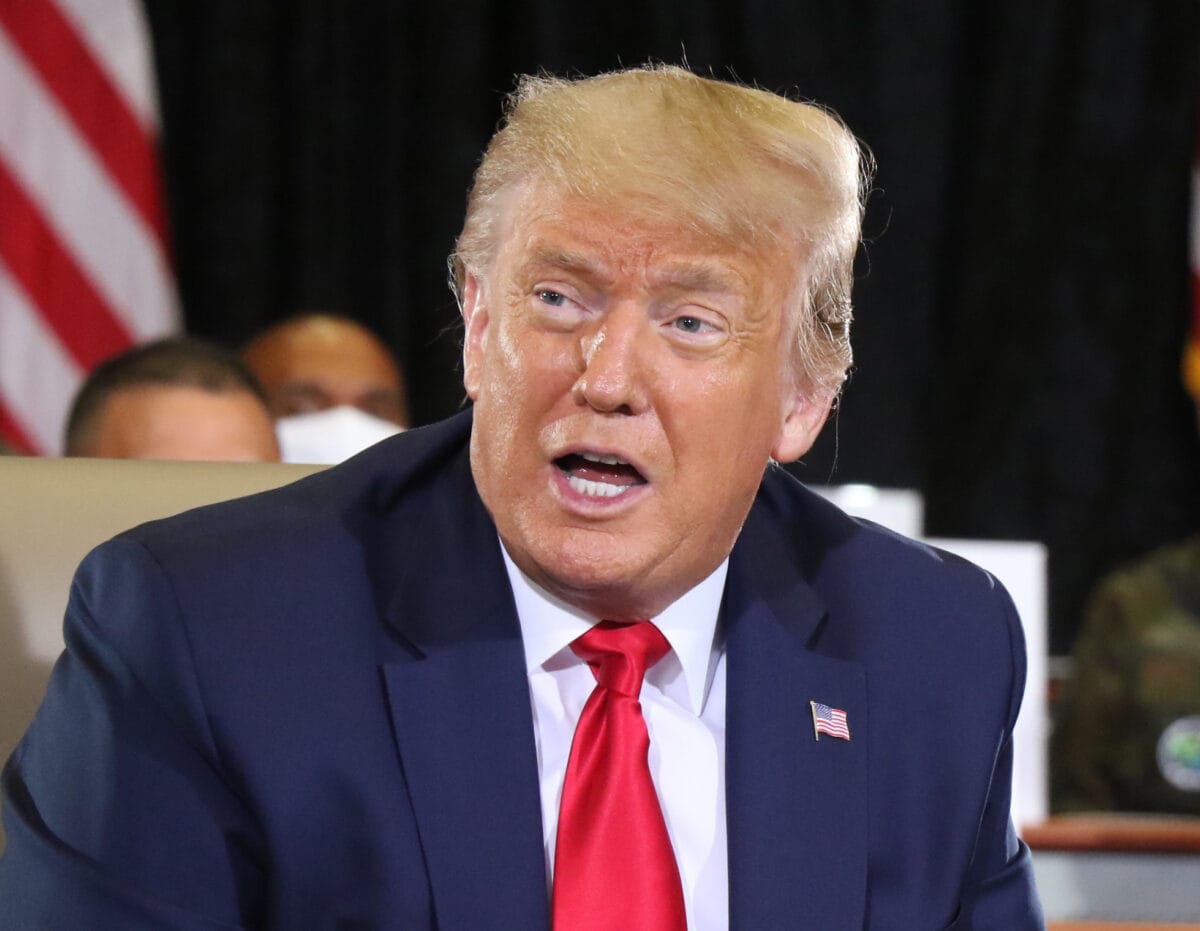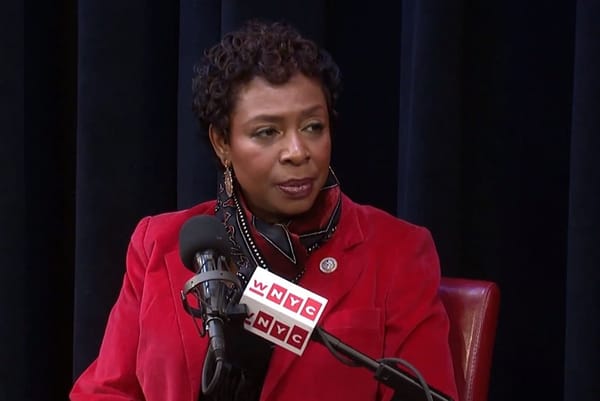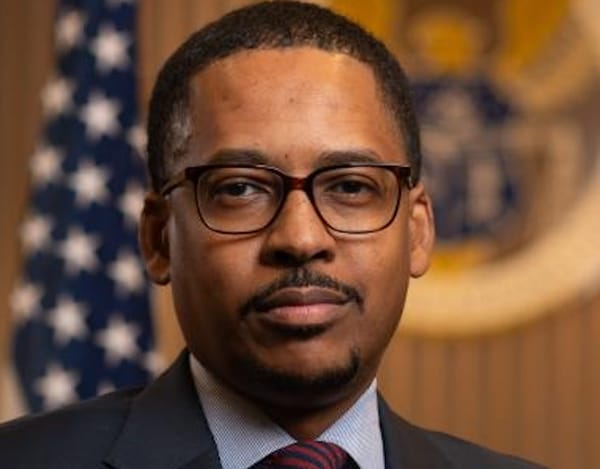Commerce Department Asks Federal Communications Commission to Reconsider Section 230 Protections
July 27, 2020 — The U.S. Commerce Department under the Trump administration on Monday followed through on the president’s orders and filed a petition asking the Federal Communications Commission to issue proposed rules narrowing the protections of Section 230 of the Communications Decency Act. “A ha

July 27, 2020 — The U.S. Commerce Department under the Trump administration on Monday followed through on the president’s orders and filed a petition asking the Federal Communications Commission to issue proposed rules narrowing the protections of Section 230 of the Communications Decency Act.
“A handful of large social media platforms delivering varied types of content over high-speed internet have replaced the sprawling world of dial-up Internet Service Providers and countless bulletin boards hosting static postings,” read the petition, issued by the National Telecommunications and Information Administration.
“Further, with artificial intelligence and automated methods of textual analysis to flag harmful content now available…platforms no longer need to manually review each individual post but can review, at much lower cost, millions of posts.”
The petition — clothed in the language of clarifying intermediary protections provided to online platforms — listed several specific areas of possible ambiguity for the FCC to address, including the meaning of “otherwise objectionable” language and the requirement that removals be done in “good faith.”
Pro-technology groups were immediately critical of the administration’s effort.
“There’s no way for the FCC, the [Federal Trade Commission], or any court to decide what constitutes ‘good faith’ content moderation, because it would require the government to examine the content of internet speech, which the First Amendment clearly forbids,” TechFreedom General Counsel James Dunstan wrote in a statement.
Federal Communications Commissioner Geoffrey Starks issued a statement saying that the proposed rules were troubling and arguing that any adjustments to the statute should be made by Congress rather than the FCC.
“Among other substantive problems, NTIA seems to have failed to grasp how vast and diverse the ecosystem of interactive computer services is.” he said. “Every comment section on the internet would be subject to scrutiny.”
If the new rules ended up imposing intermediary liability on social media platforms, Starks continued, they would devastate competition and the diversity of digital public spaces.
“I continue to believe that these rules reflect the President’s attempt at retaliation and intimidation — at the very time when social media companies’ decisions could impact his own electoral future,” Starks added. “This dark cloud over online free speech will cast a lingering shadow on our elections.”
The NTIA was required to file the petition by President Donald Trump’s May 28 executive order, which was broadly viewed as retaliation against Twitter after the platform restricted engagement with tweets containing incitement to violence.
“The demand that the FCC take on the role of ‘Ministry of Truth’ is designed to pressure social media companies to bias content moderation decisions in the administration’s political favor,” said Matt Schruers, president of the Computer & Communications Industry Association. “While digital services are busy fighting online misinformation and foreign influence during a pandemic and ahead of an election, it is disappointing to see the administration instead doubling down on an obviously unlawful executive order.”








